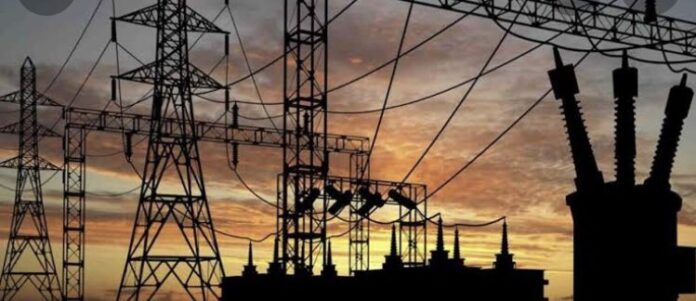Nigeria’s national power grid suffered another major collapse on Wednesday, leaving millions of households and businesses without electricity across the country.
Read more: National Grid collapses again, plunging millions into darknessThe Nigeria National Grid, managed by the Transmission Company of Nigeria (TCN), reported significant disruptions in power distribution, with several Distribution Companies (DisCos) recording zero or minimal megawatt (MW) allocations during the morning and early afternoon.
According to posts from the official Nigeria National Grid account on X, the grid experienced a severe downturn, with DisCo load allocations dropping dramatically.
At 11:54 AM WAT, most DisCos, including Abuja, Benin, Eko, Enugu, Ikeja, Jos, Kaduna, Kano, and Port Harcourt, reported 0 MW, with only Ibadan DisCo receiving a meager 20 MW.
By 12:25 PM, the situation showed slight improvement for Abuja (20 MW) and Benin (10 MW), but major cities like Lagos (served by Eko and Ikeja DisCos) and Port Harcourt remained completely without power.
The TCN announced at 12:16 PM that system restoration is in progress, but no clear timeline for full recovery was provided.
This collapse marks yet another episode in Nigeria’s ongoing struggle with an unreliable power grid, which has long been plagued by outdated infrastructure, insufficient generation capacity, and systemic inefficiencies.
The frequent outages have fueled public frustration, with businesses and households increasingly relying on costly diesel generators or, as noted in recent X posts, planning to go off-grid entirely due to high electricity tariffs and inconsistent supply.
The collapse comes amid broader economic challenges in Nigeria, including rising fuel costs and inflation, which have been exacerbated by policy changes in the energy sector.
In February 2024, President Bola Ahmed Tinubu introduced executive orders aimed at reforming the oil and gas industry to attract investment and reduce fuel prices, but these measures have yet to translate into tangible improvements in electricity reliability.
Energy experts point to deeper structural issues, including vandalism of power infrastructure, gas supply shortages to power plants, and inadequate maintenance of transmission lines, as key contributors to the recurring grid failures.
The TCN has not released an official statement on the specific cause of the September 10 collapse, but past incidents have often been attributed to technical faults or sudden drops in generation capacity.
Public reaction on X reflects growing discontent, with users expressing frustration over the lack of progress in resolving Nigeria’s power crisis.
The hashtag #FixTheGrid has been trending alongside calls for greater transparency and accountability from the government and power sector stakeholders.
Meanwhile, the push for alternative energy solutions, such as solar power, is gaining traction as citizens seek to mitigate the impact of frequent outages.
As restoration efforts continue, Nigerians are left grappling with the immediate consequences of the blackout, from disrupted businesses to halted essential services.








